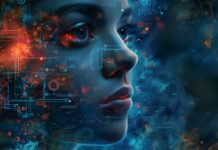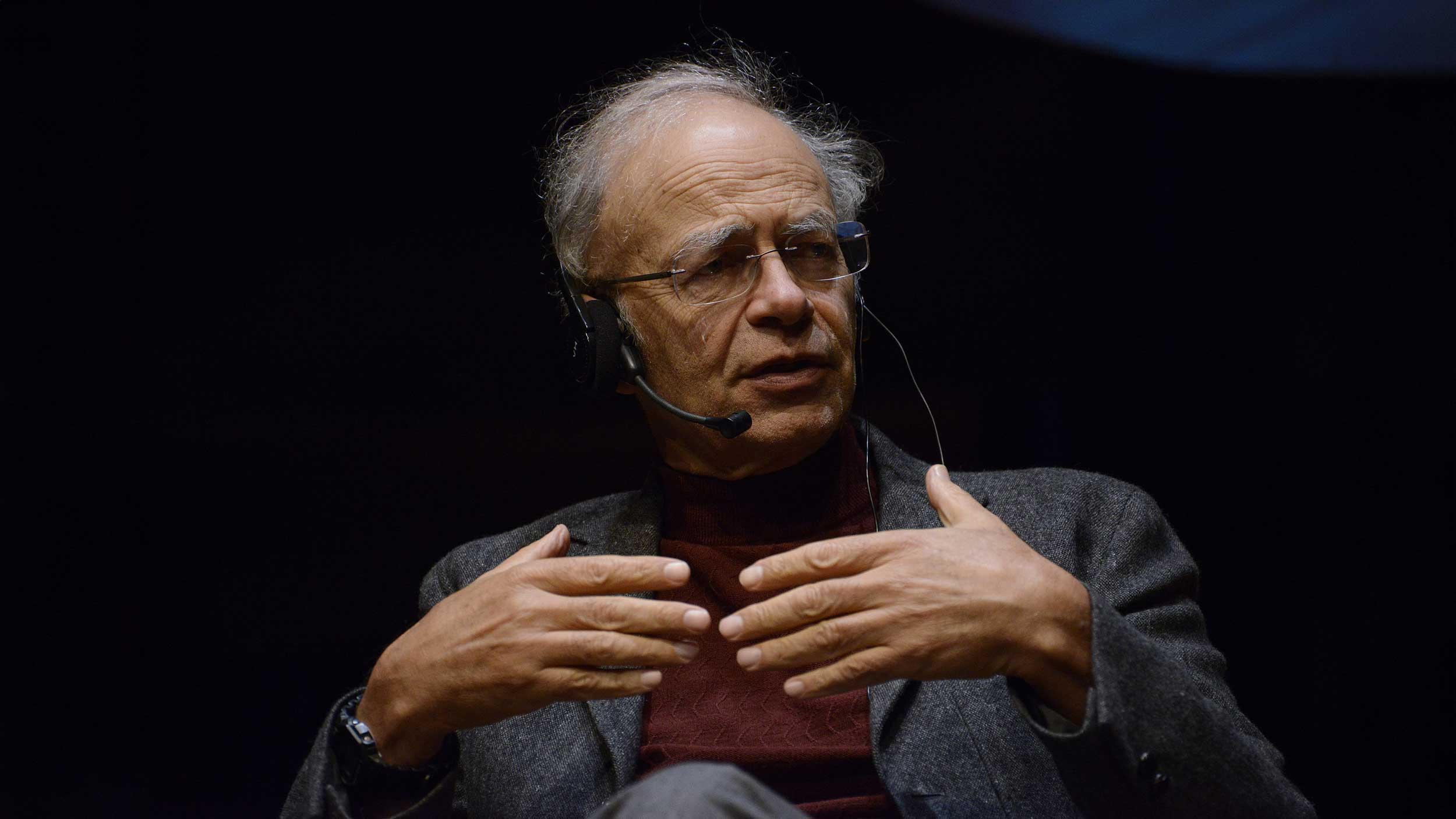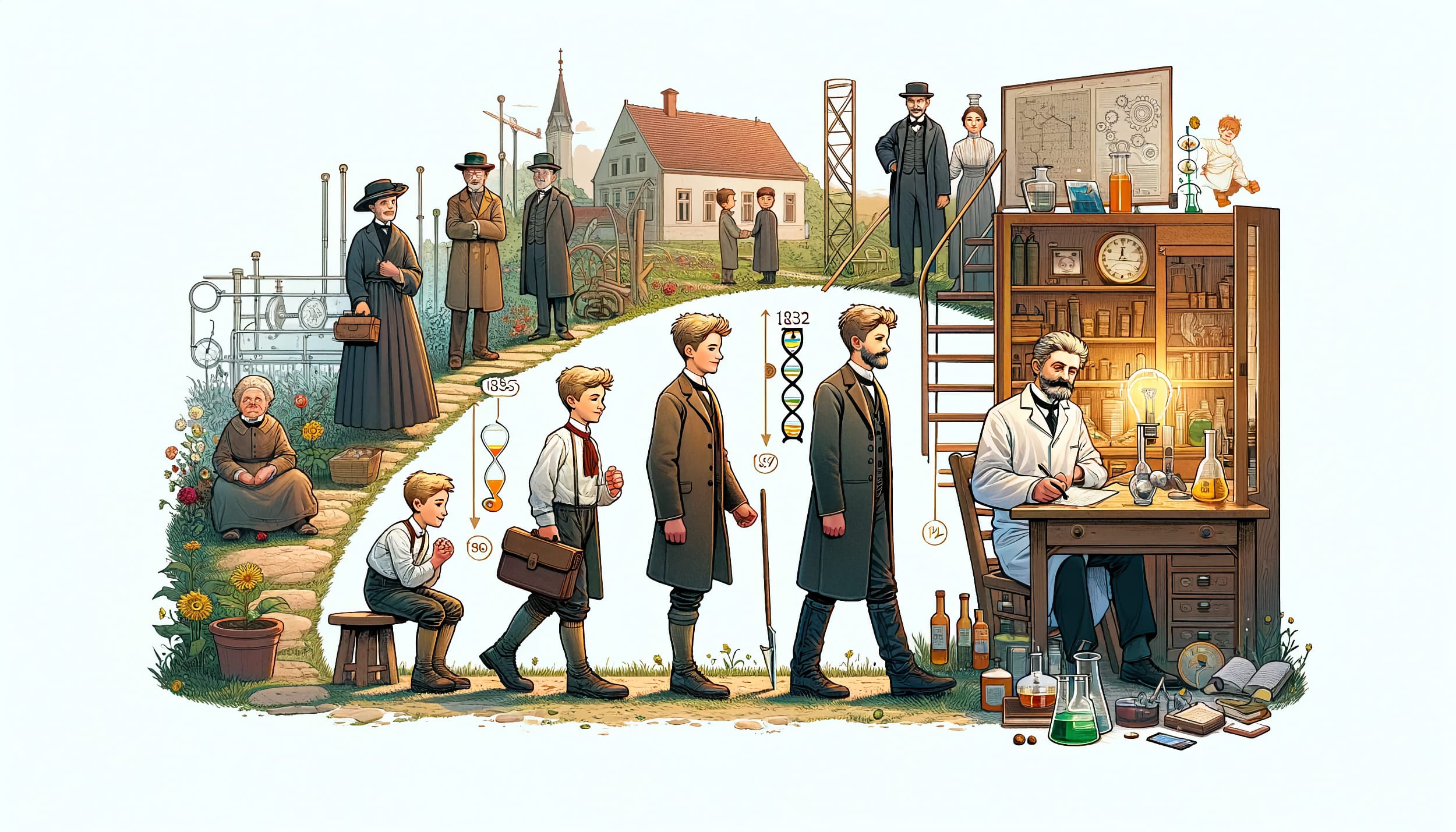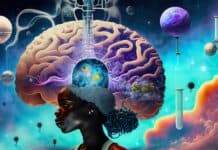Sci-highs
Stories from Science
Our mission is to explain science in a simple, attractive and fun form that is open to all.
The Future of AI
Rapid advances in artificial intelligence, in particular language models such as chatGPT, have radically changed tasks that require human-like reasoning, but their underlying mechanisms are still complex and partly unexplained.
Peter Singer on effective altruism
Peter Singer underscores the importance of effective altruism and animal rights in global ethical discourse. His advocacy emphasizes combining altruistic intent with evidence-based strategies to maximize the impact in areas like poverty and animal welfare.
Josef Stefan (1835-1893)
The child of illiterate parents, who became the leading scientist of the Austrian Empire.
The essence of science communication
Rethinking contemporary science communication and its role in society
“Artificial Idiocy” responds to Žižek
I asked Bing Chat for a comment on Žižek's analysis of the new AI chatbots and got the following response.
What can Germany teach us about science?
At the beginning of November 2022, I travelled to Berlin with several other participants from all over the world, to be part of the program “Science and Research in Germany – Information Tour at the invitation of the Federal Foreign Office of Germany”.
How do I know that I know something?
Every day we hear new shocking stories in the media and from people we know, but it's hard to judge quickly whether they're true. Is there a universal rule that could help us in such dilemmas?
Zora Janžekovič (1918-2015)
The story of a medical pioneer who revolutionised burn care. Her innovative method of treating severe burns has saved many lives by dramatically reducing infections and hospitalization times.
Milan Vidmar (1885–1962)
A renowned expert in electrical engineering and one of the best chess players in the world.
A critical review of science in Slovenia
A detailed discussion of some of the key factors that have had a significant impact on the development of the Slovenian scientific community.
SARS global outbreak of 2003
On February 28, 2003, the local office of the World Health Organization in Hanoi, Vietnam, received a call from a small private hospital with a capacity of no more than 60 beds. Two days before, its staff admitted a patient showing symptoms of atypical flu. To rule out a potential case of “bird flu” they requested the help of WHO’s experts to try and determine what the disease really was.
Conquering Absolute Zero
At a time when adventurers were still competing to conquer the ice-cold vastness of the North and South Poles, scientists were running a tight...





